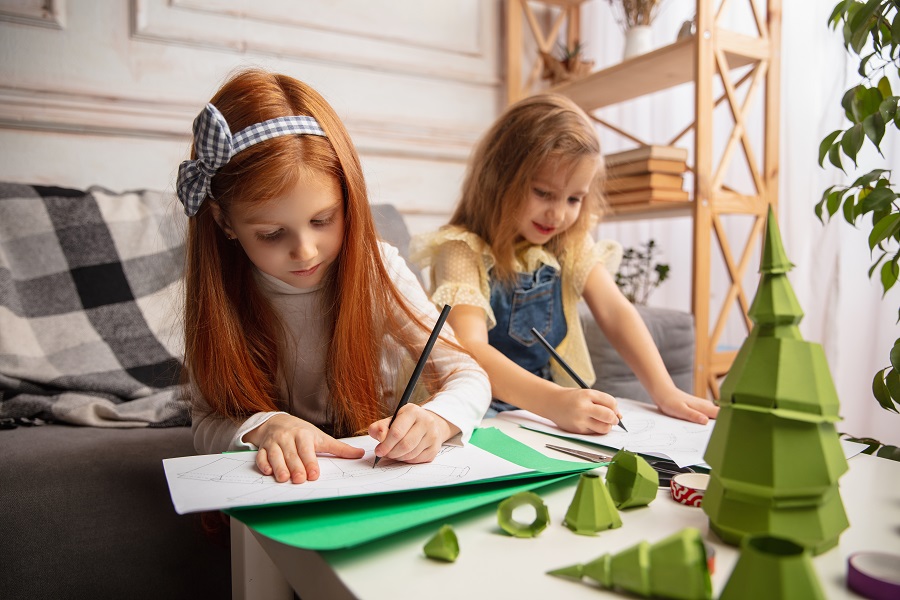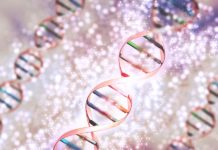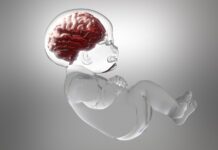Despite the fact that overall language development can often be slower for bilinguals, knowing how to speak two languages is actually highly beneficial for brain function.
Both these language systems are always active in the child even when only one is being used, so decisions constantly have to be made about which word to use in a particular context, giving the brain a regular workout.
Once a child grows older and graduates into the teenage years, a kind of “pruning” process occurs in the brain. Of the many vastly overproduced synapses, those that have proven less useful over the years will literally shrivel away, leaving only those nerve cells and connections that are vital in daily life to strengthen and remain readily available.

There are easy ways to help your child’s brain to achieve its full potential. By simply showing love and affection, and offering plenty of positive stimulation, such as conversation and play, you will actually influence the chemistry of the developing brain. Children learn through experience, so the best way to help your toddler improve her skills is by reading to her, talking to her, performing routines, exploring, and playing. However, trying to force development in a particular area can do more harm than good.
Children learn at their own rates—their brains are highly absorbent and programmed to learn without any particular intervention from an adult. All you need to do is be with them, love them, listen to them, and involve them in your life—and their smart, flexible little brains will take care of the rest.




















